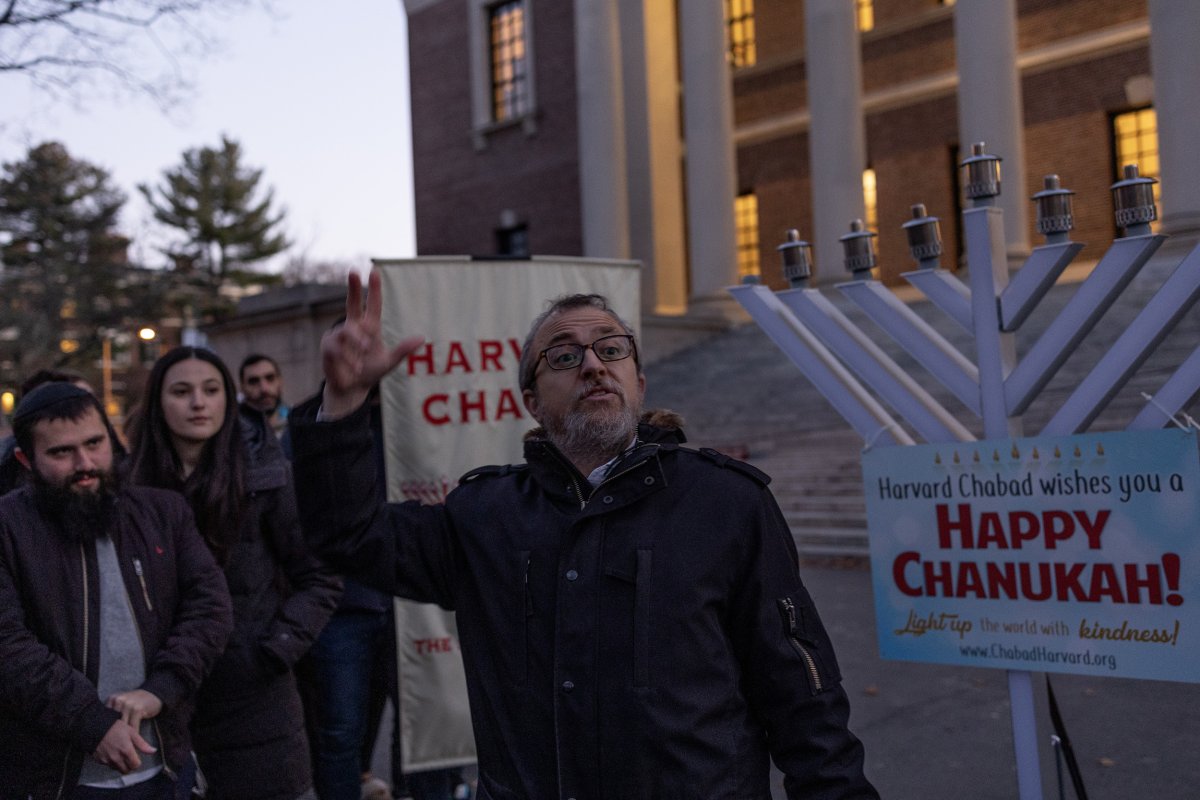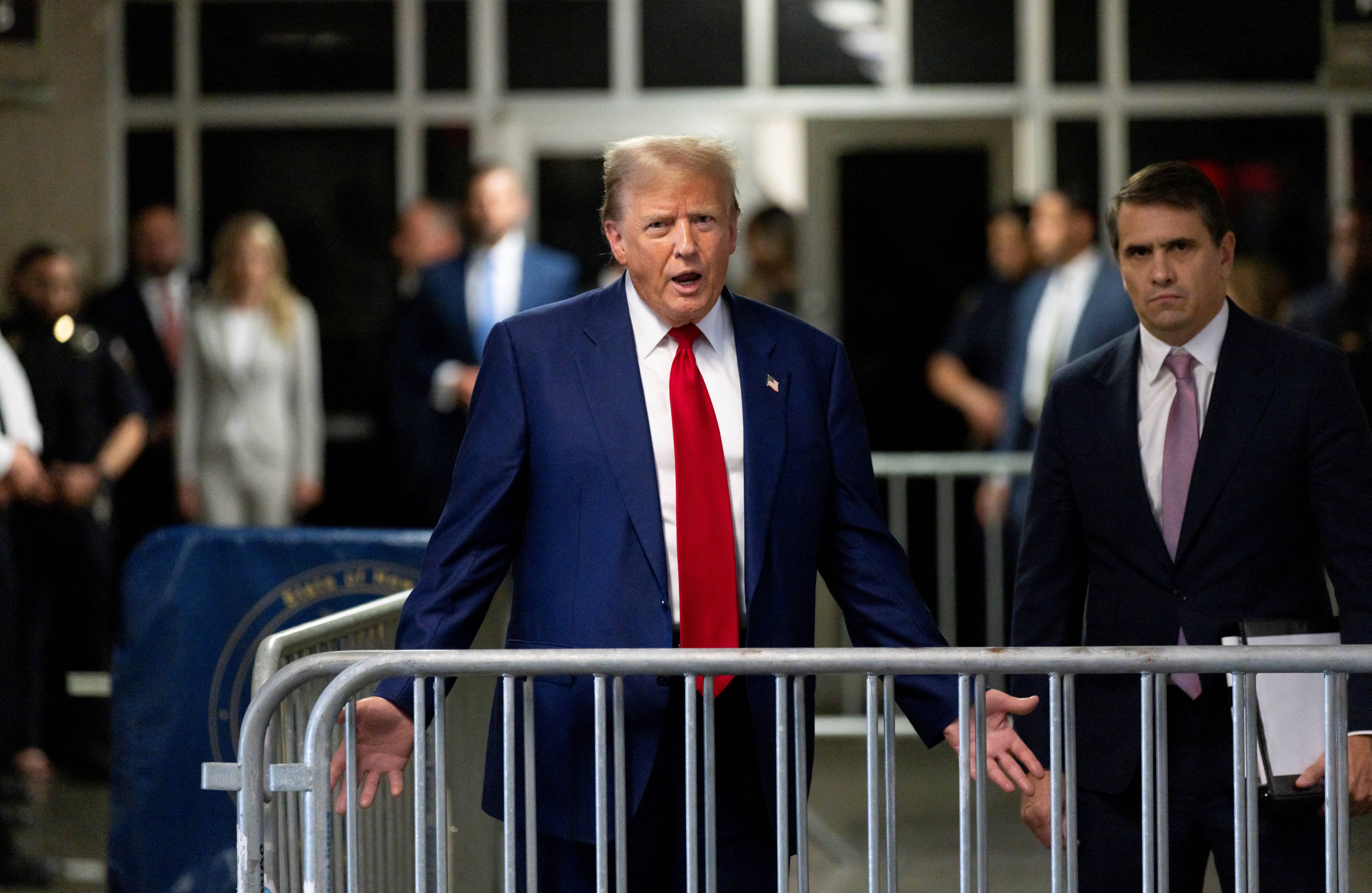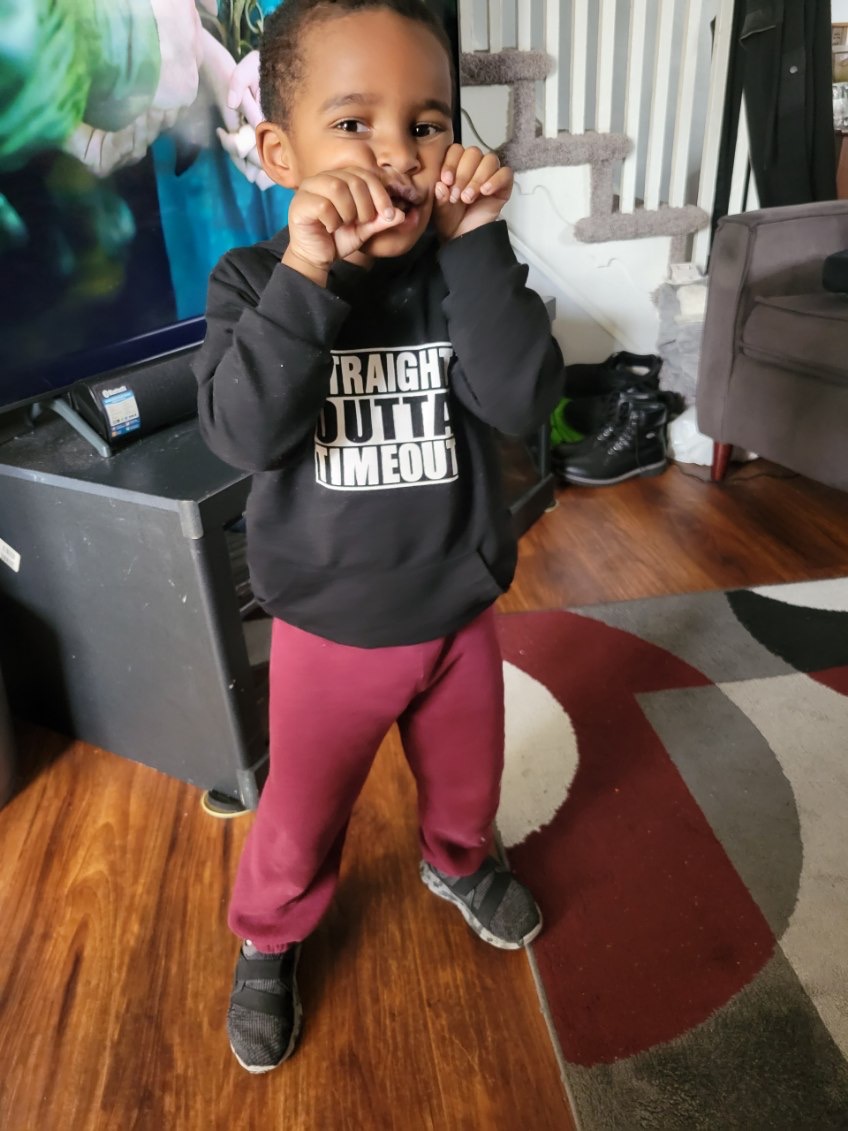In response to the current war in Israel and Gaza, college campuses have been engulfed by a war of words pitting pro-Israel and pro-Palestinian students against one another. The rhetoric has often been inflammatory, leading to threats of violence and occasionally to physical confrontations.
Demonstrators on both sides are certain that their opponents' views are both wrong and dangerous. Both groups demand support from university leaders, seek to suppress speech they find offensive, and complain of being subjected to an unsafe learning environment.
In response, institutions have issued public statements, sanctioned some student groups, enhanced campus security, even provided congressional testimony. Yet, these efforts have only provoked further criticism from all sides. That criticism contributed to the resignations of two Ivy-league presidents, Liz Magill at Penn and Claudine Gay at Harvard. But that has only inflamed, not resolved, the controversy about free speech in relation to controversial political issues on college campuses.

A different response is needed. Both the war and the intense conflicts on campus should be reframed as subjects for investigation and discussion. Universities should use this moment as an opportunity to educate students about the perils of simplistic slogans and narrow-minded thinking, and to reinforce the values of critical inquiry and respectful disagreement.
Turning campus into classroom
College students are taught in class to analyze literary texts, make historical arguments, and evaluate sometimes contradictory evidence. But they frequently fail to apply those same skills to the contentious issues that touch them personally. Instead, they default to black-and-white thinking, neglect evidence that challenges their pre-existing views, and fail to interrogate their own assumptions.
All this is antithetical to a liberal education, the primary aim of which is to hone students' abilities to think critically, entertain alternative interpretations of ideas and events, and sympathetically consider perspectives different from their own. It is ironic, to say the least, that the very places dedicated to reasoned argument and open inquiry have become places of intolerance and violent rhetoric. Universities must help students apply the critical thinking skills honed in the classroom to the complex, emotional, and often personal conflicts roiling their campuses.
Colleges should challenge students to contextualize the current Middle East war within the long history of the Israeli-Palestinian conflict, rather than simply react to the latest headlines.
Students who profess a commitment to free speech should be encouraged to grapple with the thorny problem of determining when protected speech crosses the line into intimidation.
Students should be taught to evaluate the meaning of political slogans in relation to multiple factors—the speaker's intent, symbolic associations, historical origins, and the impact on those who hear them.
While some institutions—Harvard, MIT, and Dartmouth, among others—have made efforts along these lines, these have consisted largely of one-off panel presentations by faculty. Such efforts should be expanded significantly and replicated throughout the country.
Educational leaders will need to think comprehensively and creatively about how to accomplish this in ways aligned with the specific needs, structures, resources, and cultures of their institutions. At a minimum, this will require robust collaborations between faculty members, administrators, students, and student affairs staff.
Programs could include: a dedicated week of events, endorsed by the president's office and co-sponsored by a wide range of campus partners, including films, mini seminars (on Middle East history, free speech, or examples of effective student activism), reflection prompts placed in dining halls, facilitated evening discussions in residence halls, and the wide distribution of reading lists and other resources. The details will vary; what's essential is an institution-wide commitment to treating this crisis as an educational opportunity.
The goal of such programs is not to achieve consensus. Most academic debates are not amenable to clear, unequivocal resolution. Rather, the purpose is to foster deeper understanding of thorny issues and greater appreciation for diverse viewpoints. In the process, students will come to appreciate that their education is not simply "academic"; it enables them to respond thoughtfully to events in the "real world."
Liberal education matters
Instilling the values of liberal education in young people is never easy. It is especially difficult when the lives of their loved ones are at stake, their identities are attacked, their future employment prospects are threatened, and social media fuels their outrage. But it is precisely now that colleges must step up their efforts to fulfill their core educational mission. What use is this education if its lessons stop at the classroom door?
As educators, we encourage students to passionately engage with the events of our time. But taking political stands does not exempt them from the responsibility to think critically. It is our responsibility to teach students to interrogate their assumptions, evaluate evidence offered in support of political positions, explore the context of the events that shape our world, and cultivate curiosity about the views of those with whom they disagree.
At a time when many believe that liberal education has become irrelevant, universities can demonstrate how these habits of mind are essential for addressing contentious issues deliberatively. Doing so will both reduce the current acrimony on college campuses and foster a wider culture of informed, civic discourse.
Louis Newman is the John M. and Elizabeth W. Musser Professor of Religious Studies, emeritus, at Carleton College and a former Associate Vice Provost for Undergraduate Education at Stanford University. He is the author of Thinking Critically in College: The Essential Handbook for Student Success (2023) and works as a private college success coach.
The views expressed in this article are the writer's own.
Uncommon Knowledge
Newsweek is committed to challenging conventional wisdom and finding connections in the search for common ground.
Newsweek is committed to challenging conventional wisdom and finding connections in the search for common ground.
About the writer
To read how Newsweek uses AI as a newsroom tool, Click here.








